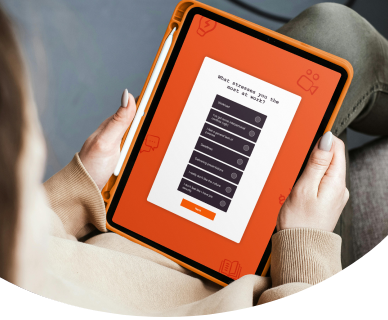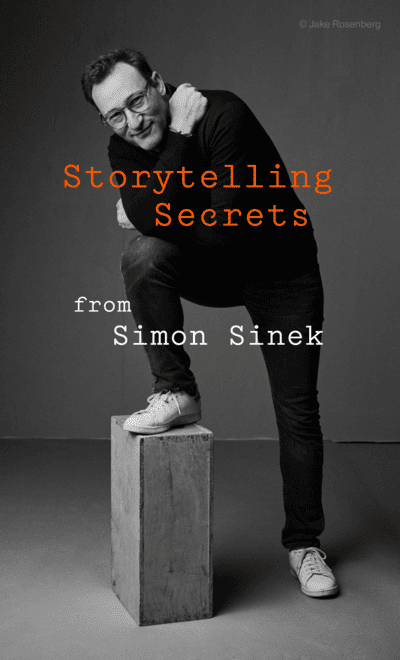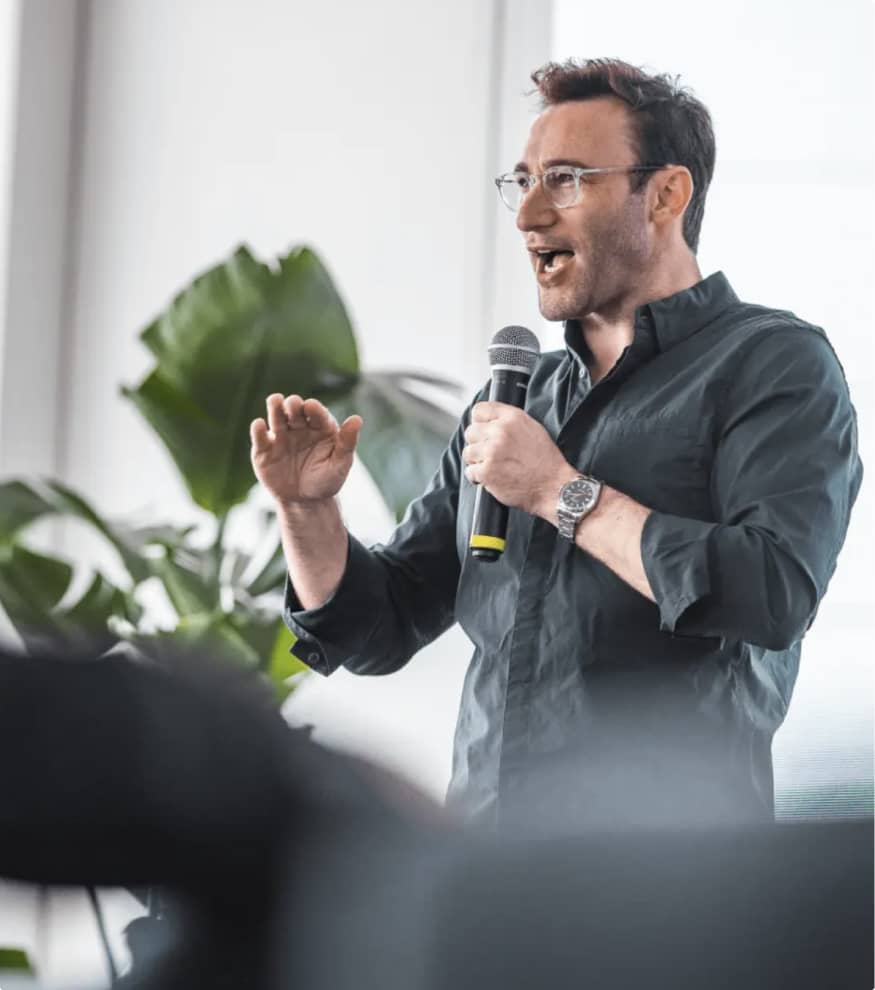Consider it the great irony of living in today’s era of hyper-connectivity: all available data suggests that we’re more disconnected than ever. With the rise of social media and the surge in remote work, it’s simply a fact that fewer people engage in meaningful, in-person interactions.
One area significantly impacted by this era of disconnection is good old-fashioned networking. In fact, we’ve recently received feedback from our customers indicating a growing eagerness for help in expanding networks and building stronger connections.
To address this, we consulted one of our master trainers at The Optimism Company, Joseph Kim, Ph.D., a Harvard Business School alum, entrepreneur, and former president of an international college in Osaka, Japan. He is also the author of the books Reformed Epistemology and Power7.
“People forget that networking is largely an analog skill that can be enhanced with platforms such as Linkedin,” he says. “But the truth is, often the best networking comes when it doesn’t feel like networking at all.”
Joseph recommends a simple approach: “Get a hobby that requires you to interact with people in your industry.” If that doesn’t work, “just get a hobby, period.”
He elaborates: “Let’s say you’re an amateur photographer who enjoys taking pictures. Go to some car shows, airplane shows, boat shows, and volunteer to take quality pictures. If you let other people know you’ll email and share the pictures later, that’s an instant connection.”

Start Your Learning Journey Today
At the Optimism Company, we teach the human skills you need to unlock your potential and inspire a brighter future. Click below to read about The Optimism Library— our extensive collection of class offerings.
For those into team sports, join a club. “Whether it’s basketball, soccer, or Brazilian jiu-jitsu, team sports provide opportunities to spend time together, and the positive qualities you exhibit on the court, field, or mats will shine through when networking.”
According to Joseph, this approach works well, especially for younger individuals seeking to connect with more experienced counterparts. “You may not be as experienced in life, but you could be more skilled in the sport or activity,” he says. “When I was a beginner in jiu-jitsu, a young black belt offered to help me learn more techniques, and later on, he asked for assistance with his résumé, which I gladly provided.”
In reality, networking is an incredibly important skill. While the world becomes more algorithmically driven, it’s crucial to step away from LinkedIn to seek out an in-person support network, receive advice, utilize introductions and referrals, and have a group of experienced professionals actively supporting not only your career but also you as a person. So good luck! And for more ways you can enhance your human skills, be sure to check out Simon’s bestselling course on delivering powerful presentations here.











